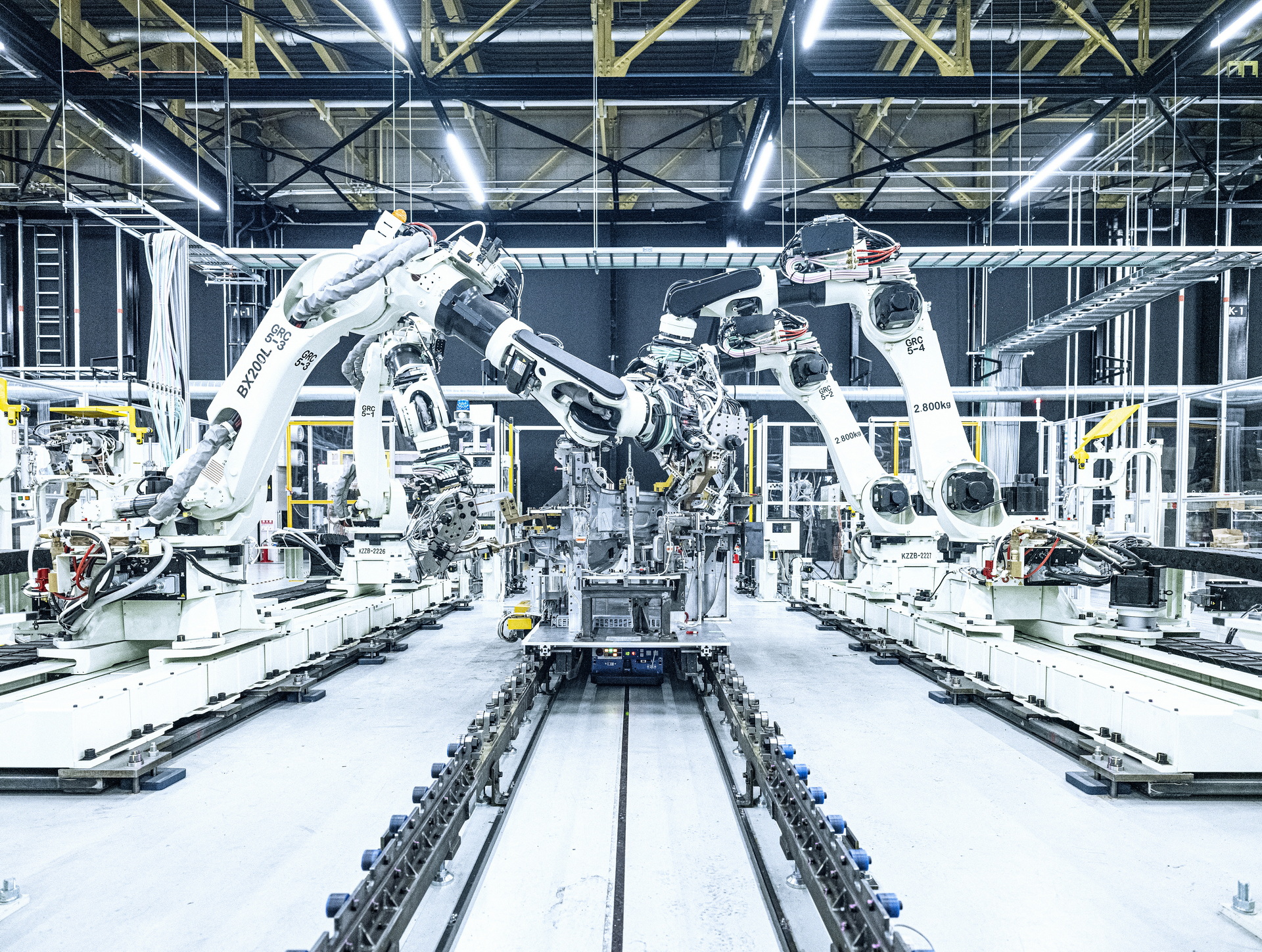Pressure being placed on China’s power grid due to the country’s worst heatwave in 60 years has forced the province of Sichuan to order that factories in the province shut down for six days.
The area is China’s lithium mining hub, according to CNN, and its capital, Chengdu, is home to a Toyota factory. According to Bloomberg, the automaker will suspend operations at the plant until August 20.
Contemporary Amperex Technology Co., Limited (CATL), the world’s top battery producer, has also halted activity at a major lithium battery base in Yibin through August 20. Volkswagen, too, will face delays, due to the measures, though it has said that it is only expecting slight delays for customers.
Read Also: China’s Worst Covid Outbreak In Two Years Is Causing Trouble For Toyota And VW
The province of Sichuan has been suffering from extreme heat since July. With temperatures crossing 104°F (40°C) for days on end, demand for air conditioners has spiked, placing a greater demand on the power grid.
Along with the heat, a drought has gripped the region, too, depleting river waters levels and reducing the amount of electricity produced at hydroelectric power plants. All of which led to the urgent notice from the province in which 84 million people live. In order to ensure that there is enough power available for residential use, the province mandated that factories suspend operations in 19 out of 21 cities contained in the province. The city of Luzhou, meanwhile, has opted to turn off its streetlights at night in order to reduce the demands on the grid.
The heatwave has affected more than just Sichuan, though. Other provinces have also asked businesses and households to conserve electricity. Crop failures caused by the extreme heat and drought south and flooding in the country’s north are also leading to 12.9 percent increase in the price of vegetables year-over-year.
Just the latest problem to afflict China, a spike in Covid cases earlier this year also affected automakers, forcing them to shut down plants and, in many cases, seriously hampering production.






